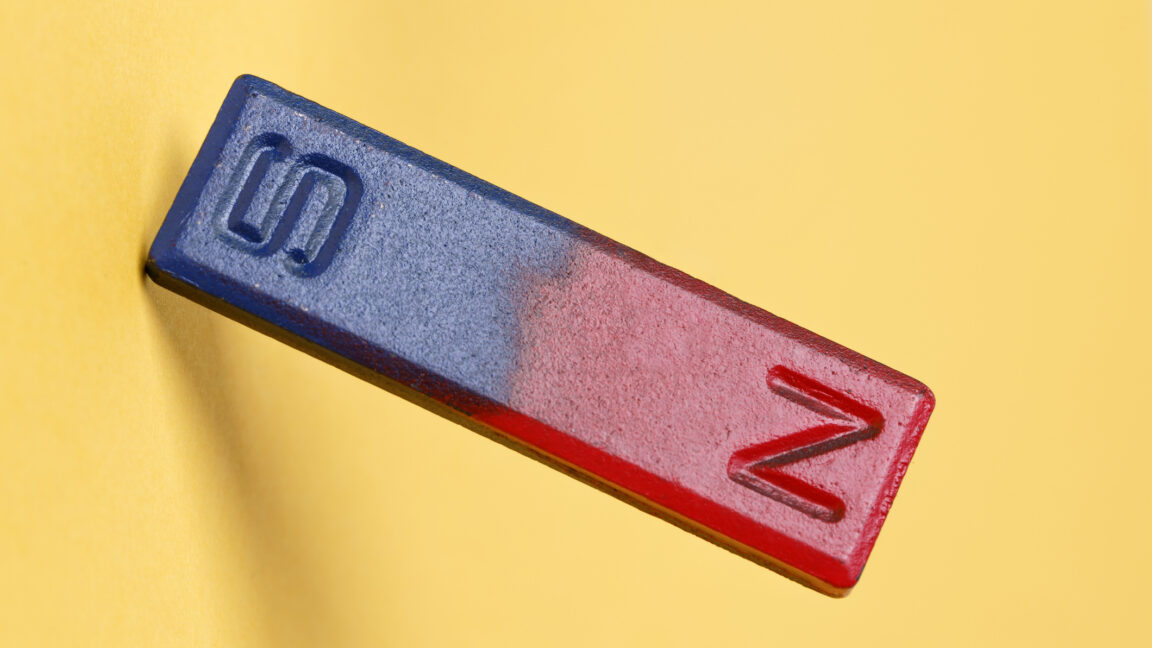Science
Researchers Innovate Method for Recycling Rare Earth Magnets

A team of researchers has developed a groundbreaking method for recycling rare earth elements (REEs) from discarded electronic devices, particularly magnets. This new approach, detailed in the Proceedings of the National Academy of Sciences, promises to be energy-efficient and environmentally friendly compared to current recycling techniques.
The innovative process utilizes flash joule heating, which rapidly increases the temperature of waste magnets while incorporating chlorine gas to separate non-REE materials. This method not only reduces greenhouse gas emissions but also enhances the recovery rate of valuable elements. According to James Tour, a professor of materials science and nanoengineering at Rice University, this development could significantly address the growing demand for REEs in the United States.
“The country’s scurrying to try to see how we can get these [REEs],” Tour stated. “And, in our argument, it’s all in our waste… We have it right here, just pull it right back out of the waste.”
Understanding the Process
The recycling method begins with grinding waste magnets into fine particles. These particles are placed on a carbon platform within a glass chamber. An electric current is then applied, generating temperatures exceeding thousands of degrees Celsius within seconds. Following this, chlorine gas is introduced to react with unwanted elements, such as iron, which vaporizes at lower temperatures than their oxide forms.
This means that while the non-REE components are eliminated as gas and form deposits within the chamber, the REEs remain in a recoverable state on the carbon platform. The team achieved over 90 percent purity and recovery of REEs from the waste magnets, illustrating the effectiveness of this new technique.
To further enhance the process, the magnets are demagnetized by heating them to around 800° C before grinding. The separated REE residue can subsequently be remagnetized using a magnet, completing the recycling cycle.
Comparative Analysis and Environmental Impact
Tour and his colleagues also conducted a life cycle assessment comparing their method with the traditional hydrometallurgical extraction process, which is known for its high energy consumption and reliance on hazardous acids and solvents. Their analysis indicated a remarkable reduction in energy use, greenhouse gas emissions, and operating costs—by 87, 84, and 54 percent, respectively.
In 2022, the world generated approximately 66.2 million tonnes of electronic waste, which contains a significantly higher concentration of REEs than found naturally. Tour emphasized the advantages of recycling, stating that unlike plastics, metals are infinitely recyclable. Moreover, establishing a new mine for REEs is expensive and environmentally damaging.
“You might as well just get it from waste,” he added, highlighting the potential of this novel method to not only meet the demand for REEs but also contribute to sustainability efforts.
As the need for rare earth elements continues to rise, innovations like this one from Rice University may play a crucial role in shaping a more sustainable future for electronic waste management.
-

 World3 months ago
World3 months agoSBI Announces QIP Floor Price at ₹811.05 Per Share
-

 Lifestyle3 months ago
Lifestyle3 months agoCept Unveils ₹3.1 Crore Urban Mobility Plan for Sustainable Growth
-

 Science3 months ago
Science3 months agoNew Blood Group Discovered in South Indian Woman at Rotary Centre
-

 Sports3 months ago
Sports3 months agoBroad Advocates for Bowling Change Ahead of Final Test Against India
-

 World3 months ago
World3 months agoTorrential Rains Cause Flash Flooding in New York and New Jersey
-

 Top Stories3 months ago
Top Stories3 months agoKonkani Cultural Organisation to Host Pearl Jubilee in Abu Dhabi
-

 Science3 months ago
Science3 months agoNothing Headphone 1 Review: A Bold Contender in Audio Design
-

 Top Stories3 months ago
Top Stories3 months agoAir India Crash Investigation Highlights Boeing Fuel Switch Concerns
-

 Sports3 months ago
Sports3 months agoCristian Totti Retires at 19: Pressure of Fame Takes Toll
-

 Business3 months ago
Business3 months agoIndian Stock Market Rebounds: Sensex and Nifty Rise After Four-Day Decline
-

 Politics3 months ago
Politics3 months agoAbandoned Doberman Finds New Home After Journey to Prague
-

 Top Stories3 months ago
Top Stories3 months agoPatna Bank Manager Abhishek Varun Found Dead in Well









